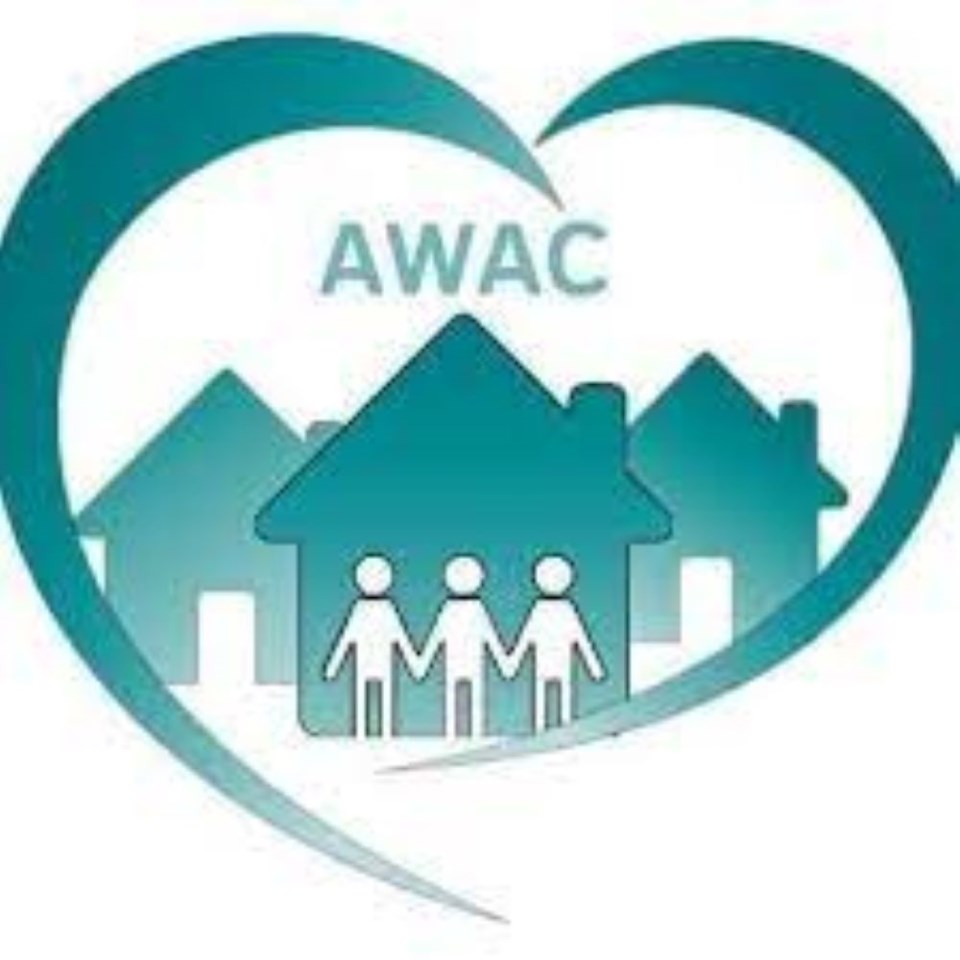The name hasn't changed for Prince George's Association Advocating for Women & Community, even though the group currently serves more men than women with its local programs.
There are low barrier programs at the AWAC shelter on George Street and at Victoria Towers that contain eight units each and Olive’s Branch is a sober living program with 28 units. The recovery program takes clients through supportive services for up to six years.
“In 2015 we started to include men in our support services and housing services,” AWAC executive director Connie Abe said. “That’s when we started our Housing First program and recognized then that there was a need for us to provide housing opportunities for everyone in our community, not just for women.”
People who are struggling with addiction are welcome to stay in the low-barrier housing programs and AWAC meets them where they are at while encouraging but not demanding sobriety, Abe added.
“If someone talks about getting off substances we do talk about the programs we have that can assist with that,” Abe said. “I think that’s one of the benefits. It’s not just a matter of saying to somebody ‘if you want to get sober, this is what you have to do.’ It’s if you want to get sober we have the resources to be able to get you into detox and get you from detox and put you into our sober living community.”
Abe knows that is one of the deficits within the community. People can go into detox but there is a wait time between detox and a recovery program that could be 30 days or as much as six months.
“So where do they go after detox?” Abe questioned. “It’s back to the streets.”
AWAC created space for those waiting to go into treatment because a lot of people talked about not having the tools to stay sober on the streets of Prince George, she added.
“And if they get into treatment and they come back then they are homeless again and what’s the point of that?” Abe asked. “So Olive’s Branch was the place to go after detox and then an individual could return after doing a recovery program. So it’s not do your 30, 60, 90-day program and come back to struggling on the street. It’s do the program and come back to Olive’s Branch and stay there for up to three years.”
The housing continuum is really important in AWAC’s work, Abe said.
“We have to understand people are going to have struggles and our goal is to help them along the way so when they do relapse we work with them to get them back on track,” she said.


